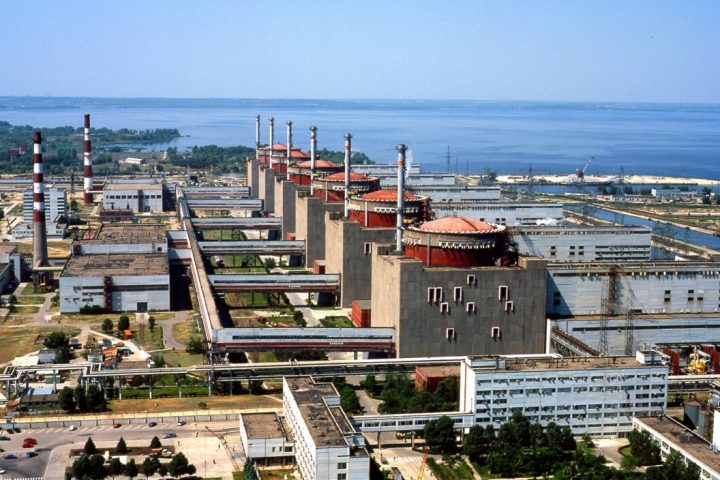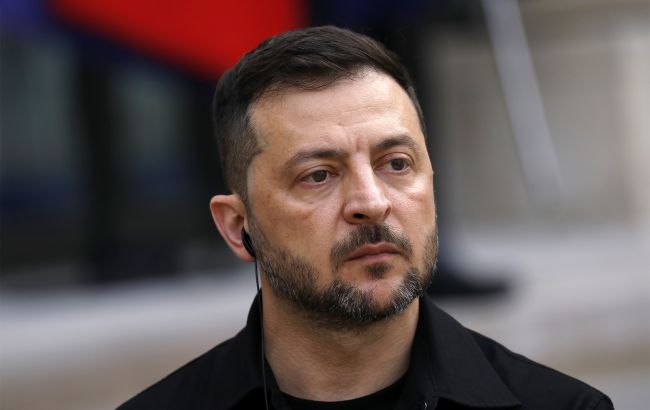Hungarian writer László Krasznahorkai wins 2025 Nobel Prize in Literature: “Master of the Apocalypse,” inspired by the world’s bitterness
Hungarian writer László Krasznahorkai has been awarded the 2025 Nobel Prize in Literature. The Swedish Academy recognized his “compelling and visionary work, which, amid apocalyptic horror, reaffirms the power of art.”
Krasznahorkai is one of the most prominent representatives of the Central European literary tradition, which combines the spirit of Kafka, the absurd, and the grotesque. His works, including “Satantango” and “The Melancholy of Resistance,” explore chaos, faith, and despair in periods of decay and change. American writer Susan Sontag called him “the master of the apocalypse in modern literature.”
In an interview, the 71-year-old author admitted that he writes to correct himself:
“My life is a constant correction.”
He noted that the “bitterness of the world” was his source of inspiration:
“I find it very sad to think about the current state of affairs, and that’s what drives me to write.”
Krasznahorkai’s novels are set in remote villages and abandoned towns in Central Europe, as well as in the Far East, where the writer draws inspiration from his travels to China and Japan.
Krasznahorkai is the second Hungarian to be awarded the Nobel Prize in Literature, after Imre Kertész (2002). His breakthrough work, “Satántangó,” became a symbol of Hungary’s literary renaissance of the 1980s and was adapted for the screen by cult director Béla Tarr.
Despite his international recognition, Krasznahorkai is known for his harsh criticism of Hungarian Prime Minister Viktor Orbán, calling his policies “mentally ill.” Orbán himself, however, publicly congratulated the writer, writing:
“László Krasznahorkai brought pride to Hungary. Congratulations!”
The writer makes no secret of the fact that his work was born against the backdrop of the fall of communism and the search for personal freedom.
“Since then, I have never forgotten the taste of freedom,” he noted.
Experts believe that Krasznahorkai’s dark and philosophical themes are particularly resonant in a modern world engulfed by conflict and anxiety.
“Some of the darkly comic themes of his books resonate more poignantly today than ever,” says Professor Jason Whittaker.
The Royal Swedish Academy of Sciences has named the 2025 Nobel laureates in Physics. This year’s prize was awarded to John Clarke (UK), Michel Devoret (France), and John Martinis (USA) for their groundbreaking work that proved the existence of macroscopic quantum tunneling and energy quantization in electrical circuits — discoveries that have reshaped modern quantum physics and opened new paths for quantum computing.












